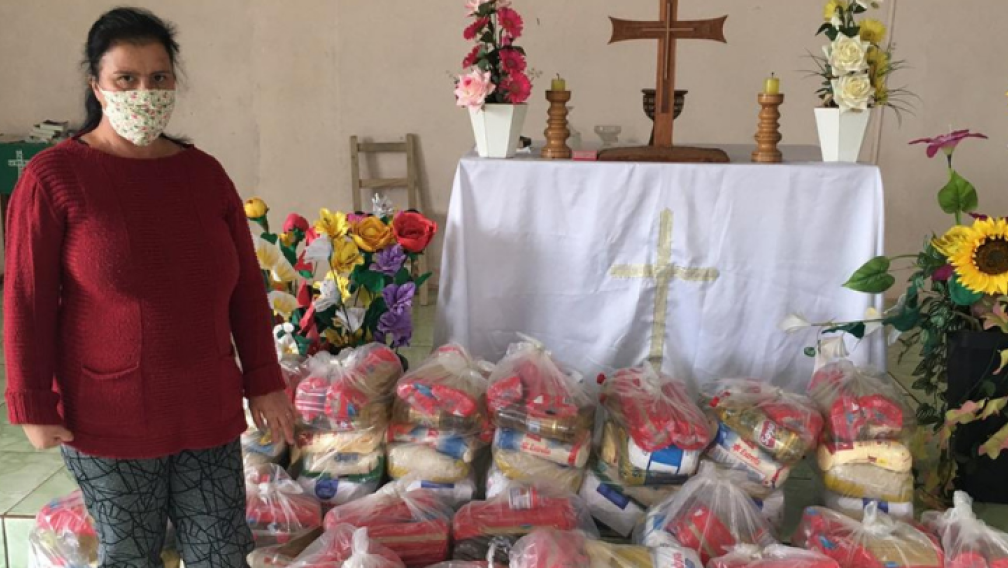A Year of COVID-19: Response, Recovery, and Resilience

It’s been a long year of suffering and pain; in response to the COVID-19 pandemic, Episcopal Relief & Development has funded sixty-three international emergency response initiatives since March 2020, reaching over 1 million people through community-led activities. Their primary focus has been on emergency needs such as personal protective equipment and hygiene supplies, food and seeds, and information on COVID-19 prevention and control. Trinity Church Wall Street is proud to be part of this work through a grant to Episcopal Relief & Development of more than $1 million.
Amidst a crisis as deep as COVID-19, I for one have had to draw deeply upon my faith to picture a more just and equitable future. And it can sometimes feel that by supporting immediate relief—an imperative, not a choice—we are delaying and deferring long-term goals. Can we advance a goal of more girls in school when schools are closed? Or racially-equitable health outcomes when health systems are collapsing?
But this is a false choice. Instead, we must respond to immediate needs in ways that also build justice for the future. The systemic racial and gender inequities that persist are a key reason why the COVID-19 crisis is so devastating. Trying to return to the status quo ante will neither solve the immediate catastrophe nor enable us to build a more just world.
With a resilience frame, response and recovery can work hand in hand and reinforce each other. Episcopal Relief & Development is a model of how to do this right, as they have been building resilience principles into their COVID-19 response from the beginning of the crisis. Three approaches are key...
Read the full article at Episcopal Relief and Development.





